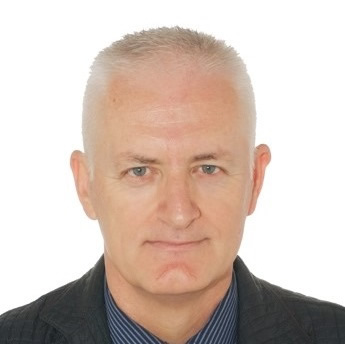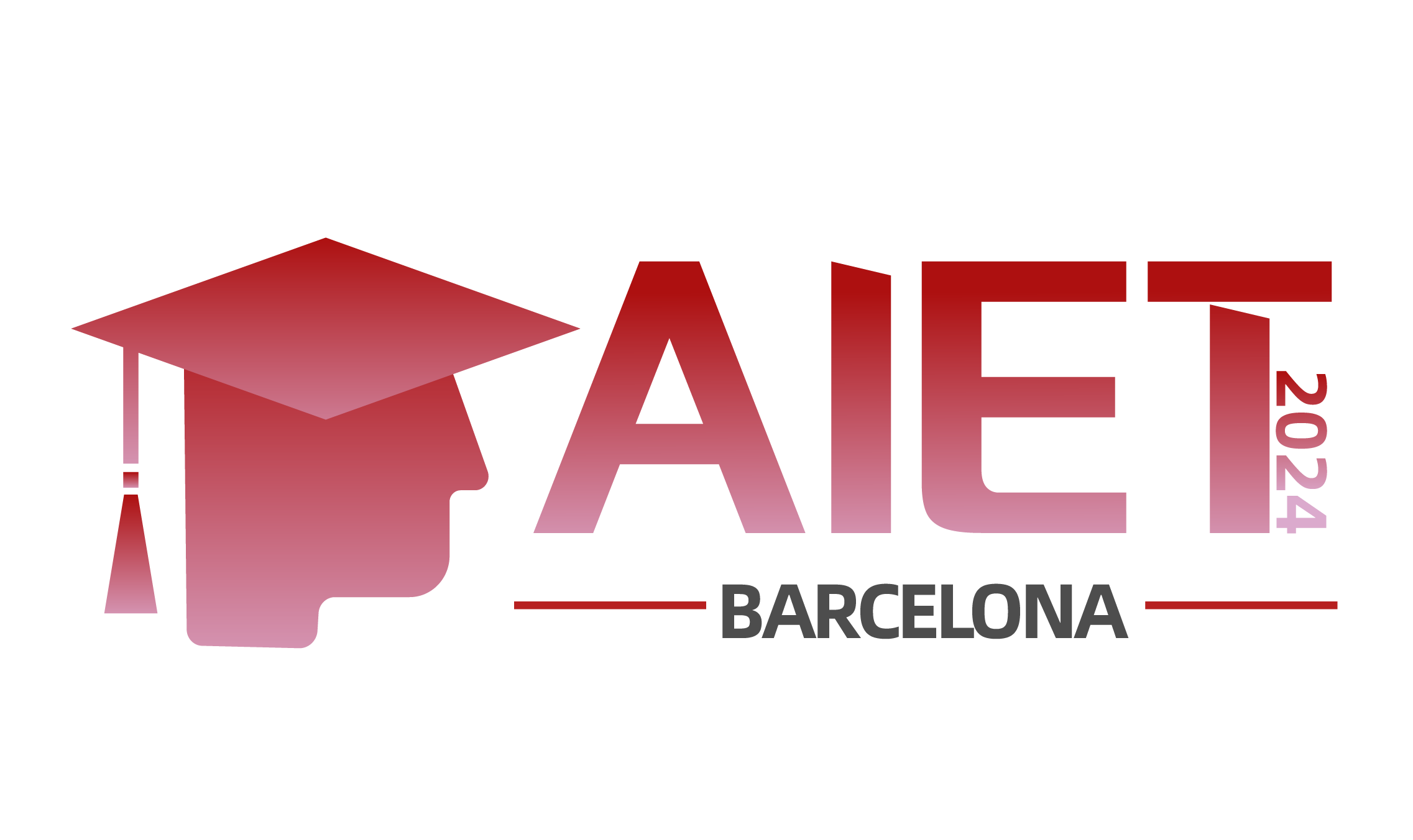2026 Plenary Speaker
 Prof. Fatos Xhafa
Prof. Fatos Xhafa
Universitat Politècnica de Catalunya (UPC), Spain
Editor in Chief: Elsevier Book Series "Intelligent Data Centric Systems"
Editor in Chief: Springer Book Series "Data Engineering and Communication Technologies"
Editor in Chief: Internet of Things; Engineering Cyber Physical Human Systems, Elsevier
Biography: Fatos Xhafa, PhD in Computer Science, is Full Professor at the Technical University of Catalonia (UPC), Barcelona, Spain. He has held various tenured and visiting professorship positions. He was a Visiting Professor at the University of Surrey, UK (2019/2020), Visiting Professor at the Birkbeck College, University of London, UK (2009/2010) and a Research Associate at Drexel University, Philadelphia, USA (2004/2005). Prof. Xhafa has widely published in peer reviewed international journals, conferences/workshops, book chapters, edited books and proceedings in the field (H-index 62). Prof. Xhafa has an extensive editorial service. He is founder and Editor-In-Chief of Internet of Things - Journal - Elsevier (Scopus and WoS Science) and of International Journal of Grid and Utility Computing, (Scopus and WoS Science). Prof. Xhafa is a member of the IEEE Communications Society, IEEE Systems, Man & Cybernetics Society and Founder Member of Emerging Technical Subcommittee of Internet of Things. His research interests include IoT and Cloud-to-thing continuum computing, massive data processing and collective intelligence, optimization, and machine learning, among others. Please visit http://www.cs.upc.edu/~fatos/ and http://dblp.uni-trier.de/pers/hd/x/Xhafa:Fatos.
2026 Keynote Speaker
 Prof. Kristina Schaaff
Prof. Kristina Schaaff
IU International University of Applied Sciences, Germany
Biography: Kristina Schaaff is a Professor of Digital Transformation with a focus on Artificial Intelligence at IU International University. Her research interests are primarily in human-computer interaction and affective computing. She studied Computer Science at KIT Karlsruhe and subsequently completed her doctorate at the FZI Research Center for Information Technology on the topic of “Integration of Physiological Feedback into Learning Applications under Everyday Conditions.” After completing her PhD, Dr. Schaaff worked for several years as an e-learning project manager.

